Thousands of Australian primary school aged children are set to benefit from a new three-year…
Manuka honey industry needs room to grow
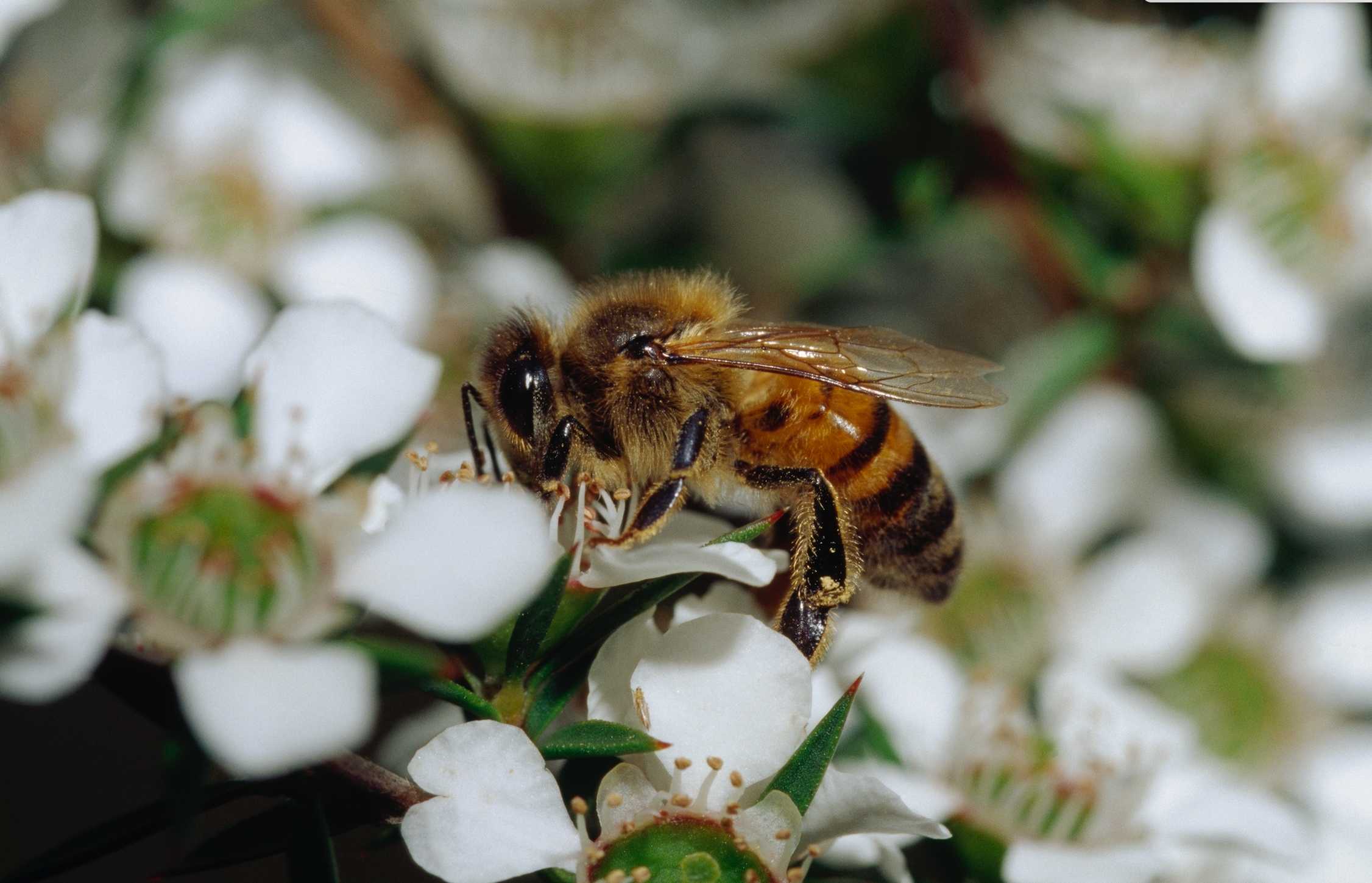
Are you a farmer in the NSW Northern Rivers with five spare hectares of mostly frost-free, preferably irrigated and cleared land that you would like to put to use? You could help the manuka honey industry to grow.
Gather By � a Northern Rivers manuka honey regenerative agribusiness � is looking for farmers interested in creating an additional revenue stream by growing native honey bushes, with the honey produced sold back to Gather By.
Sales of Australian native manuka honey are booming locally and overseas due to its popularity worldwide as a treatment for wounds, bacterial infections, burns, gastric ulcers, gut health, oral health, sore throats and to support general wellbeing.
A Market Watch report indicates the global export market for manuka honey in 2020 is valued at US $314.8 million, with this expected to rise to US $671.5 million by the end of 2026.
The report also notes Australian and New Zealand manuka honey is highly valued around the world as an alternative medicine for sore throats, digestive illnesses and gingivitis.
A five-year study which was part of an AgriFutures-Australia joint project between the University of Technology in Sydney, the Sydney University and the University of the Sunshine Coast last year found the medicinal value of Australian native honey was as good, if not better, than that produced in New Zealand.
When the report was released last year University of the Sunshine Coast Honey Lab senior chemistry lecturer, Dr Peter Brooks, told the ABC: “Our medicinal honey is as good as, or more active than, New Zealand medicinal honey. New Zealand’s got one species [leptospermum scoparium], and we’ve got multiple [leptospermum] species. And some of our species are three or four times more active than New Zealand.”
Gather By CEO and Founder Matt Blomfield says Australia has 87 varieties of native honey bushes and currently produces just 650 tonnes of manuka honey a year, compared to New Zealand’s 17,000 tonnes a year which is produced using one native bush variant only.
He is looking to change that.
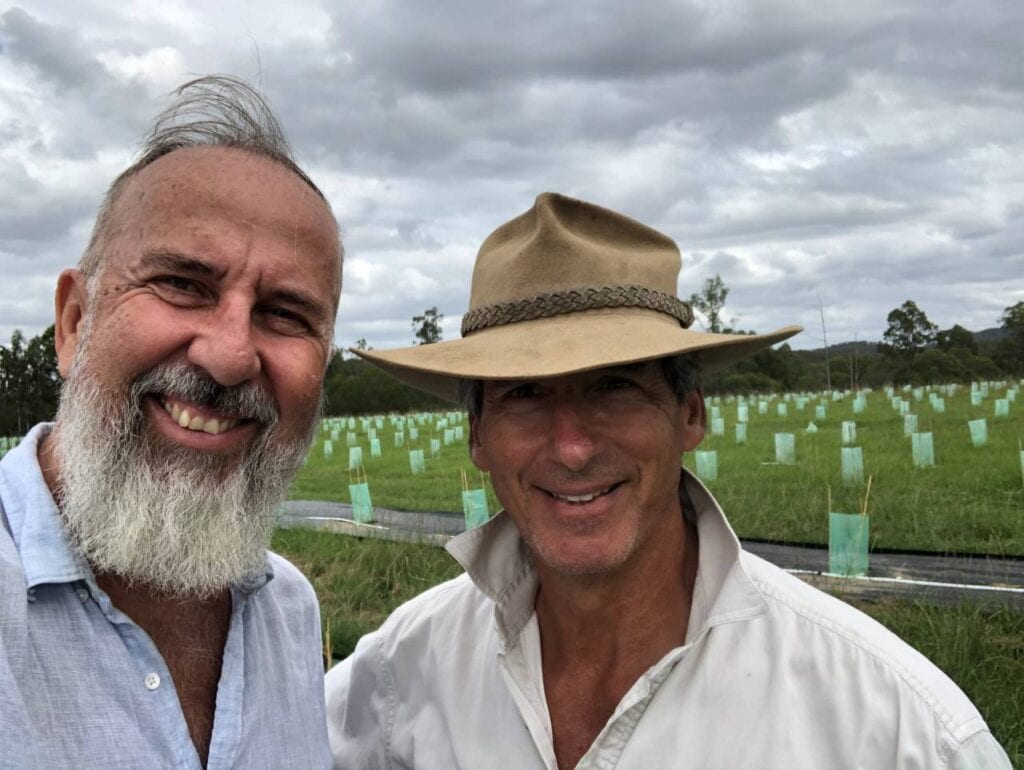
“Our plan is to grow our plants with growers to about 5,000 hectares in five years. We’ve got around 900 hectares under license now.
Gather By CEO and Founder Matt Blomfield
Mr Blomfield is wanting to increase production rates of the Gather By Pure Australian Manuka Honey brand which Gather By has been selling to a growing list of domestic and foreign customers since it incorporated in 2014.
Easy to grow
Mr Blomfield points out that as the honey bushes are native to Australia, they are incredibly easy to grow and require little maintenance and with the right care stand to produce healthy yields.
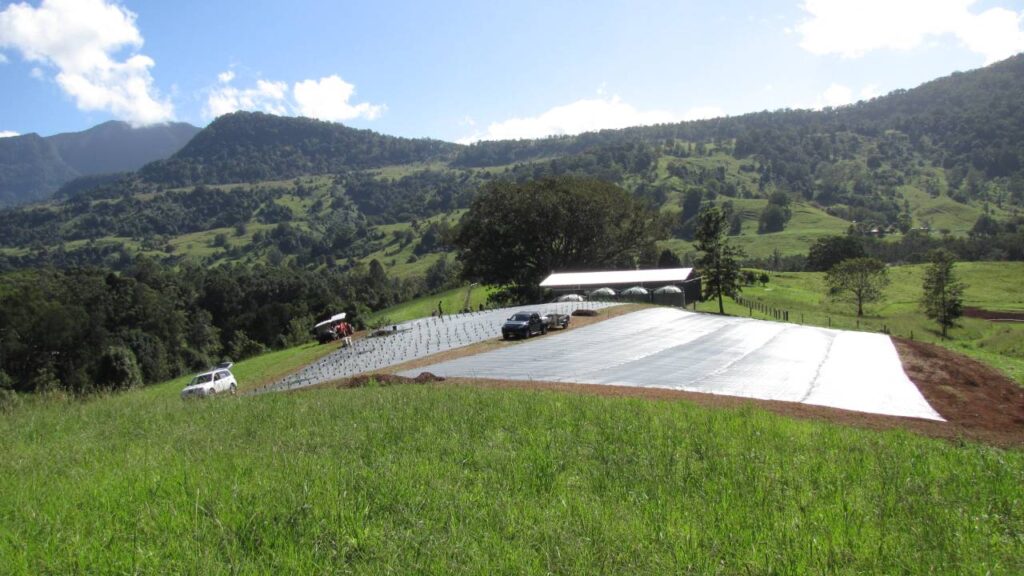
He believes the honey bushes would have once populated vast areas of land in Australia that was subsequently cleared for grazing purposes.
“It’s an Australian native bush called Leptospermum and it is from the Myrtaceae family so it’s bloody easy to grow – it’s not like cotton, corn, sugar cane or almonds.
Gather By CEO and Founder Matt Blomfield
How it works
To be involved farmers would need to:
Have five hectares of land available with good access to water and a drip-fed irrigation system would be preferable
Have enough water to provide two litres of water per bush per day
Purchase the honey tree bushes for $2.60 each
Plant them with guidance from Gather By
In return Gather By would provide enough hives as required and a beekeeper to assist in the production of the honey
The price Gather By would pay for the honey depends on its concentration of the MGO (Methylglyoxal) enzyme within the honey
Mr Blomfield says the price paid to the farmer could reasonably be expected to be around $20 to $40 per kilogram depending on the quality, and up to $100 per kilogram for very high MGO honey.
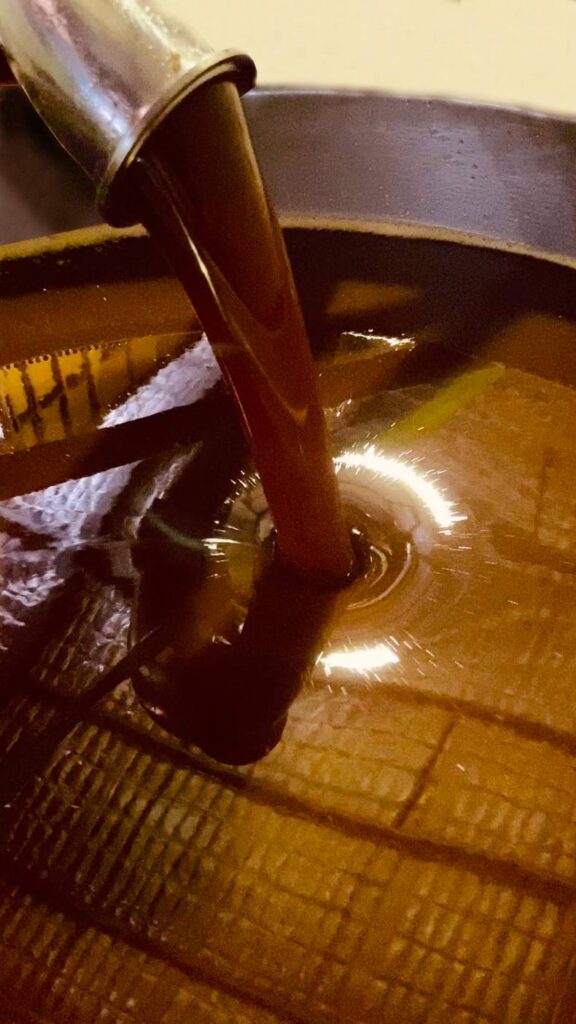
Blomfield says 6,250 bushes on a five hectare plot could yield up to 2,500 kilograms of honey per annum resulting in the farmer being paid approximately $100,000 over the year.
“We enter into an agreement with the grower. They buy the plants, install irrigation and grow the plants and then what we will do is buy the honey from them at a market price according to the level of MGO in the honey.
Gather By CEO and Founder Matt Blomfield
Land conditions
Poor soil quality can be addressed by Gather By through mulching and composting.
“We want cleared land. We don’t want any Kikuyu or any invasive grasses so this is a really good option for livestock farmers to diversify,” Blomfield said.
“If it is degraded land we will do a soil test and we know how to remediate the soil prior to planting because we will add a compost together, we will then mulch. We have been able to grow these in sand producing huge floral nectar flows. Of course, Manuka plants grow exceptionally well in rich soil.�
Closing the Loop in the manuka honey industry
Blomfield says the expansion is all about ensuring everyone benefits from the huge potential of the Australian manuka honey industry.
“We want to keep the honey business within the community � bring it back to the beekeeper, the nurseries, and back into the hands of farmers in a more holistic, closed loop sense to benefit everyone in the supply chain,” Blomfield said.
“We are partnering with farmers who are looking to diversify and who want to generate some extra income for themselves. This will also help us develop additional healthy ecosystems for our pollinators, which are our bees and other vital insects.
Gather By CEO and Founder Matt Blomfield


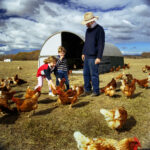



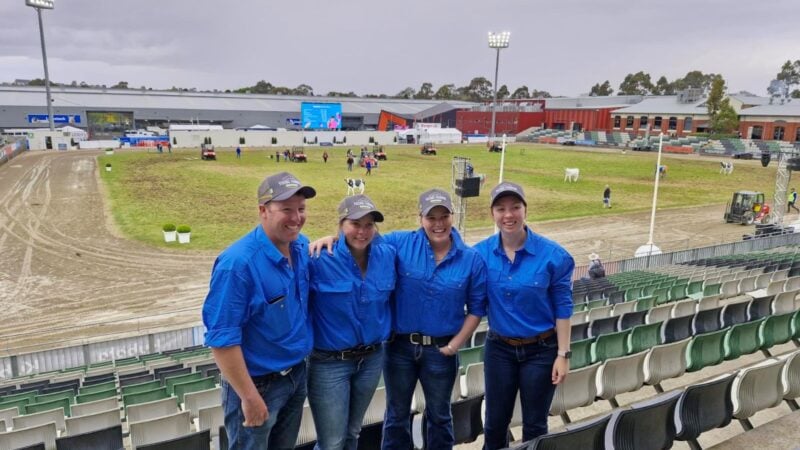
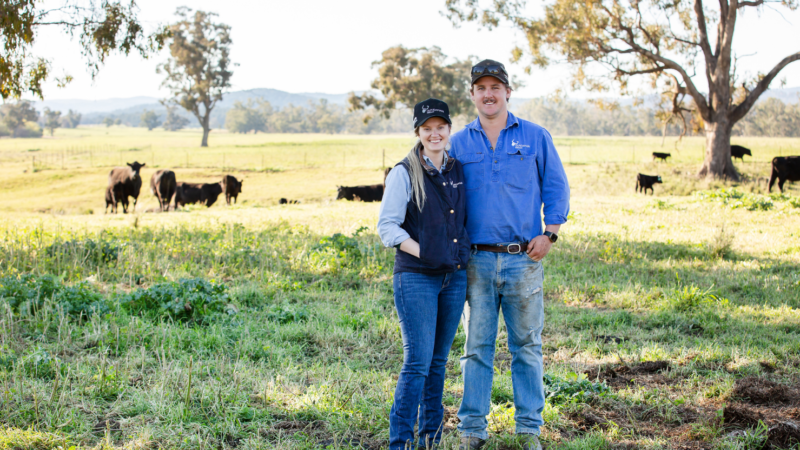
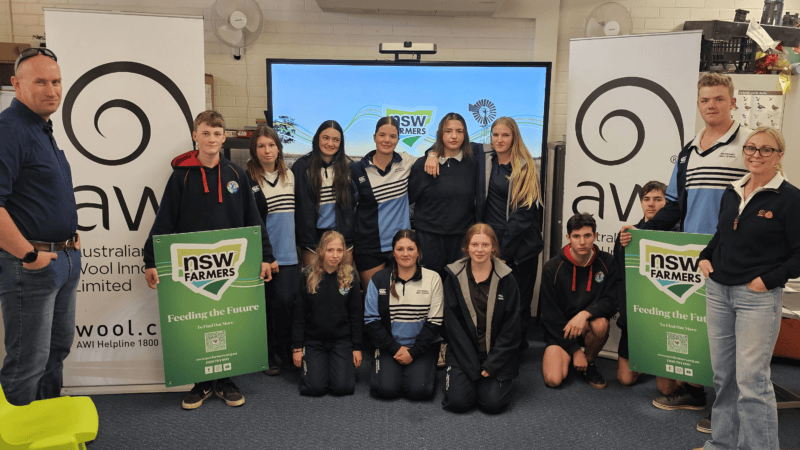
Manuka Honey – A very interesting and informative article, a joy to read.
We would be very interested in participating in this venture, but unfortunately our farm is far from the required region. Hope that you are inundated with interested land holders and that the industry thrives. Natural is best!!